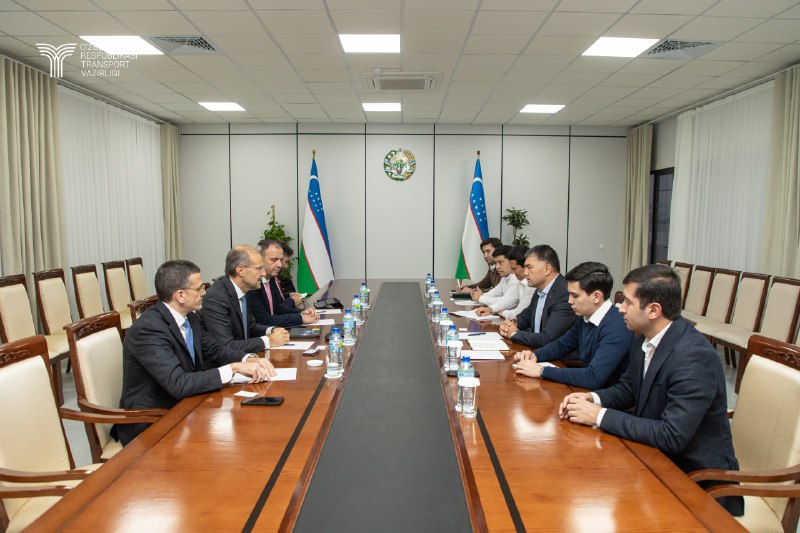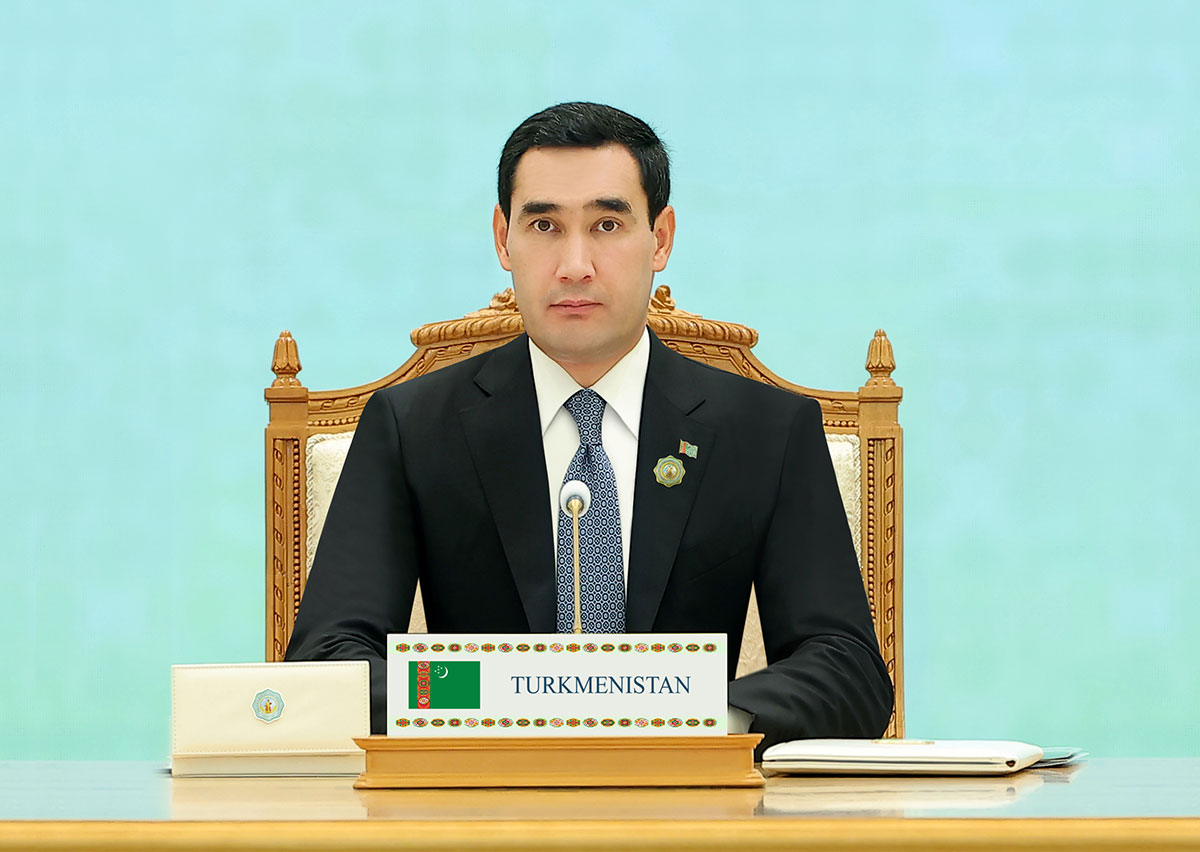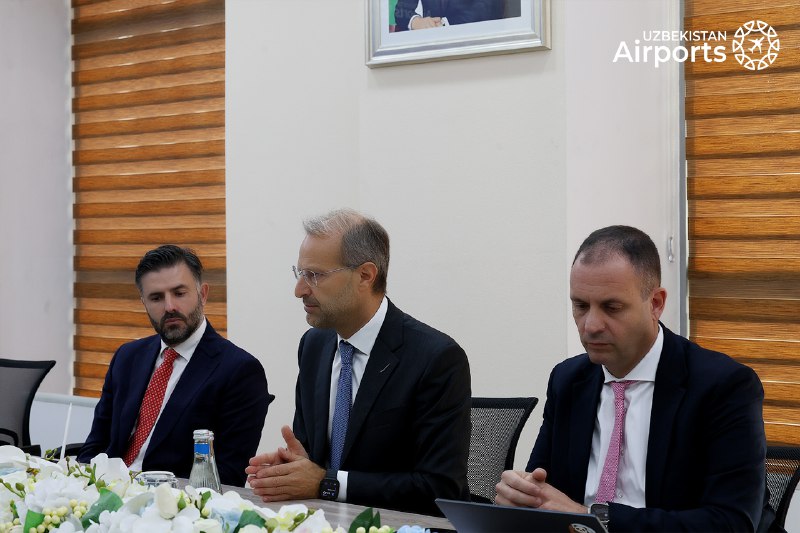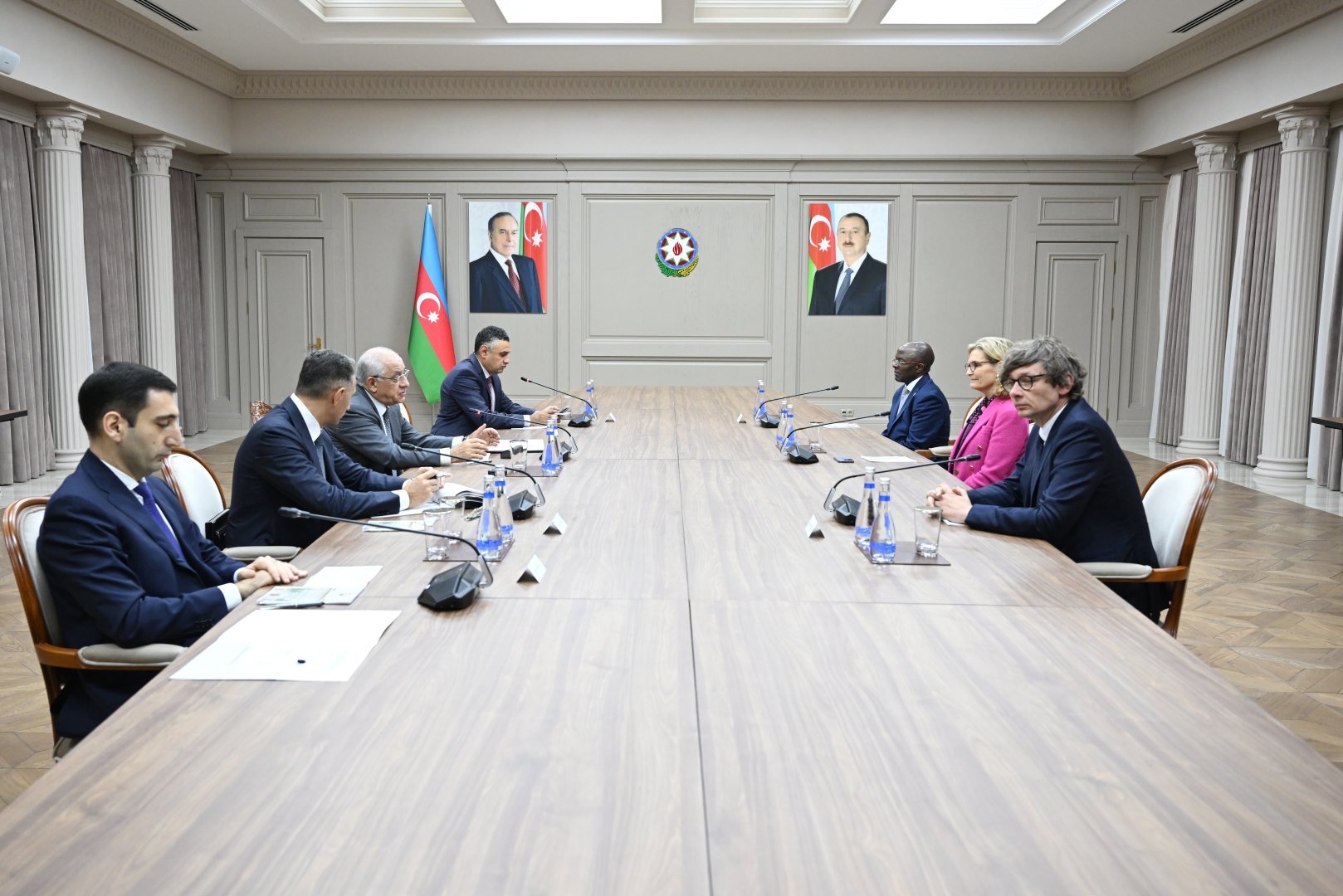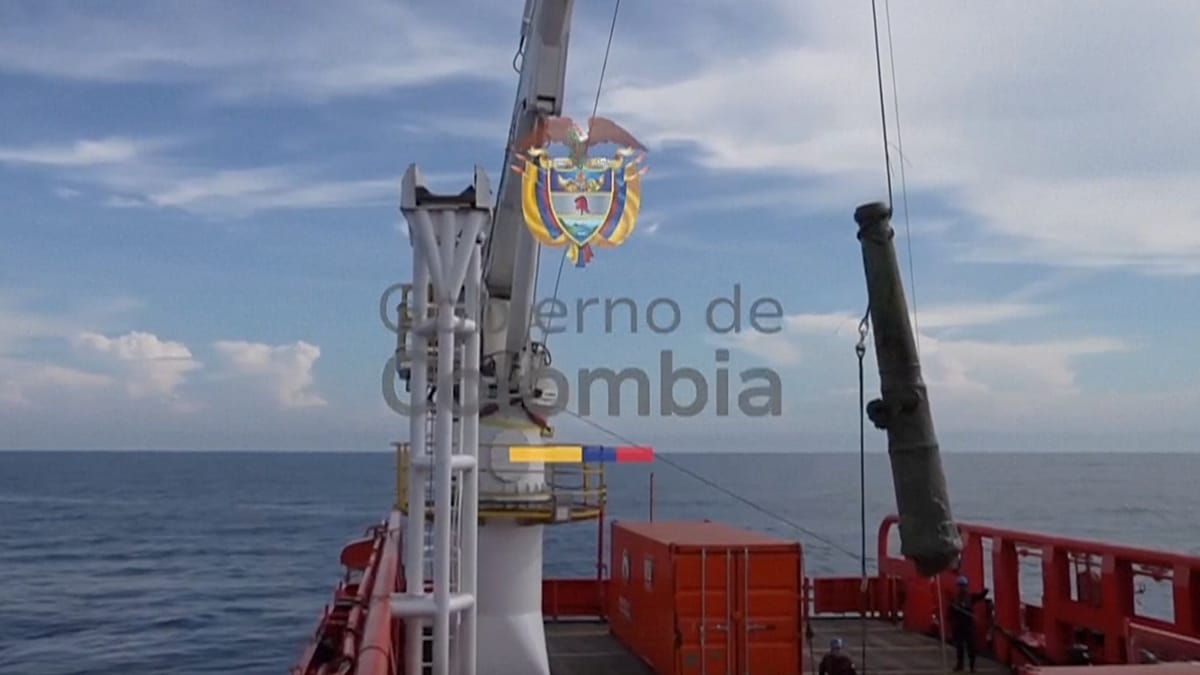Body considers that the increase in US tariffs on steel and aluminum to 50% “undermines negotiations” with the EU

Madrid – The Minister of Economy, Trade and Business, Carlos Cuerpo, has stated that the United States’ decision to raise tariffs on steel and aluminum from 25% to 50% “undermines the negotiations” between the North American country and the European Union.
“We are in a negotiation process with the U.S. authorities,” the minister reminded the media before his speech at an event at Casa América, detailing that the economic effect is already being felt in community companies because there is a 25% tariff.
“This, obviously, skews the starting situation, and if we add another 25 points, it makes it much more difficult, in the midst of the negotiation, to reach a fair and balanced agreement,” the minister stated.
In any case, Cuerpo indicated that the European Union continues to “extend a hand” to reach a “fair and balanced” agreement. However, the minister reminded that the President of the European Commission, Ursula Von der Leyen, already warned that the community bloc was ready to “take the necessary measures” to protect workers in the European industry in case an agreement is not reached.
Subsequently, the minister inaugurated a day on sovereign debt suspension clauses for low-income countries. This event, organized by the Ministry along with the Climate Emergency Collaboration Group, Children’s Investment Fund Foundation, and Sustainable Sovereign Debt Hub, is part of a series of pre-events related to the IV International Conference on Financing for Development, which will be held in Seville in July.
Cuerpo detailed that this type of measure has “great potential to free up fiscal space” when necessary. These clauses are contractual provisions that, included in credit agreements, allow for the temporary postponement of debt service payments when a triggering event occurs, such as a natural disaster, a food crisis, or a health emergency.
The minister indicated that Spain already includes this type of clause in its bilateral loan agreements for low-income countries, but hopes for “mass adoption” by other jurisdictions.
Cuerpo explained that Spain’s “ambition” is for the maximum number of possible actors to commit to incorporating these clauses into their debt agreements. He highlighted that this type of measure has positive aspects for lenders by preserving long-term value and preventing nations from being “on the brink of default.”
Planas advocates for continued dialogue
For his part, the Minister of Agriculture, Fisheries, and Food, Luis Planas, has advocated for continued dialogue and negotiation with the U.S. Administration regarding the tariffs they want to impose on certain European products, but he described the increase of tariffs to 50% on European steel and aluminum announced this weekend as bad news.
“The decision to double these tariffs from 25% to 50% on steel and aluminum is not good news; it burdens us and poses a necessary response from Europe, apart from clearly trying to dialogue and negotiate to continue working together to find the best solution,” he assured.
The Agriculture Minister, who has met with representatives of agricultural organizations, stated at a press conference that this meeting addressed the “continuity” of Spanish presence in the North American market, but also the opening of new markets.
“We are not resting on our laurels and continue to work, as in recent weeks we have approved and signed three new protocols with China. Additionally, we are about to conclude protocols with Vietnam and have the opportunity to open new markets related to Mercosur,” he indicated, while advocating for the opening to new international markets that are being worked on, such as India or Japan.
Concerns of agricultural organizations
For his part, the Secretary General of COAG, Miguel Padilla, expressed the “concern” of his organization regarding the issue of tariffs. “Not only for the exports we make of some products, such as wine or oil, but also for the imports we need of some products in which we are totally deficient,” he pointed out.
The Secretary General of UPA, Cristobal Cano, warned that the United States “has ceased to be a reliable and predictable partner for trade in the medium and long term,” so he advocated for “opening new avenues.” “We support focusing on new markets with value, markets that allow us to continue being the exporting power that Spain is,” he indicated. (June 2)
